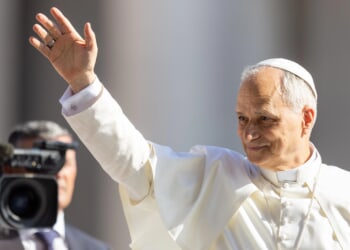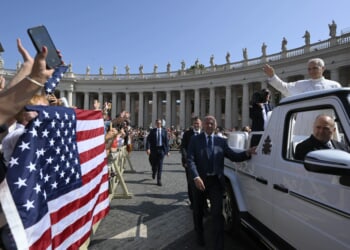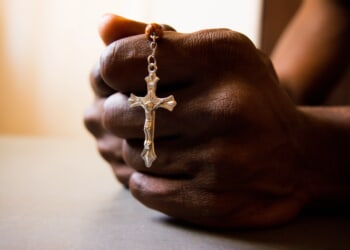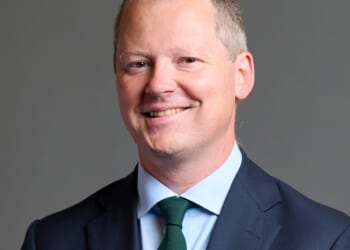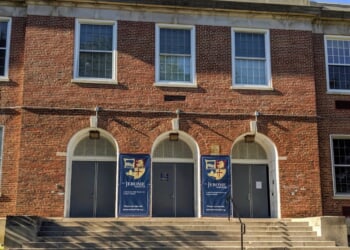Oslo, Norway, Aug 18, 2025 /
12:17 pm
Cardinal Anders Arborelius issued a pointed call for unity in the Diocese of Stockholm, clarifying the canonical status of the Society of St. Pius X (SSPX) and cautioning Swedish Catholics against choices that might undermine ecclesial communion.
The cardinal’s statement, released Aug. 15 on the solemnity of the Assumption, responded to controversy following episcopal acts performed in the diocese by Bishop Bernard Fellay, former superior general of the SSPX, without the knowledge or consent of the diocesan bishop.
According to the official clarification from the Diocese of Stockholm, the bishop of Stockholm alone exercises supervision over liturgical life within his jurisdiction, and no other bishop may perform ecclesial acts in the diocese without his permission, as required by canon law and the directives of the Holy See. The document noted that Fellay had conducted episcopal functions “without our bishop’s knowledge,” an act described as contrary to canon law and a cause of “division and discord,” EWTN Norway reported.
The diocese made clear that the SSPX does not live or act in communion with the Holy See, and its canonical status remains unclear.
Sacraments received from priests of the SSPX were described as “valid but illicit” (valid but not permitted), and the faithful were urged to avoid them.
The clarification added that such sacraments could not be entered into parish records — affecting access to baptismal or confirmation certificates — and that SSPX priests are not permitted to celebrate Mass anywhere in the diocese.
Arborelius specifically referenced Pope Leo XIV’s emphasis on strengthening the Church’s internal unity from the beginning of his pontificate, noting that “only from this interior unity can we contribute to fostering unity with other Christians.”
The cardinal emphasized that 2025 — both the jubilee year and the 1,700th anniversary of the Council of Nicaea — provided key occasions to renew faith in “one, holy, catholic, and apostolic Church.”
The Diocese of Stockholm stressed that Catholics who receive sacraments administered by the SSPX must understand that such participation “expresses a lack of unity with the diocesan bishop and Pope Leo XIV.”
The statement added that privately inviting church leaders to the diocese violated canon law and fostered division.
Arborelius tied the importance of unity to the jubilee year and the Nicaea anniversary, describing the Eucharist as the “sacrament of unity” and warning against anything that might sow division. He prayed for the intercession of the Blessed Virgin Mary, urging Catholics to remain steadfast in the unity entrusted by Christ to the apostles and their successors.
The diocese’s detailed clarification reaffirmed that the Church must guard her most sacred treasure — the sacraments — and that sacraments must always be celebrated in communion with the diocesan bishop and the pope.
The Society of St. Pius X was founded in 1970 by Archbishop Marcel Lefebvre in Switzerland to preserve traditional Catholic practices amid the reforms of the Second Vatican Council.
Lefebvre’s 1988 consecration of four bishops without papal approval led to his excommunication and that of the bishops, deemed a “schismatic act” by Pope John Paul II.
Although Pope Benedict XVI lifted the excommunications in 2009, the group remains outside full communion with the Church.
Recent Vatican concessions include Pope Francis granting SSPX priests the faculty to hear confessions validly in 2015 and authorizing diocesan oversight for valid SSPX marriages in 2017.
(Story continues below)
Subscribe to our daily newsletter
The Vatican has included a pilgrimage by SSPX on its official calendar for the 2025 Jubilee Year. In preparation for the pilgrimage, the SSPX reported that it began a novena to the Immaculate Conception on Aug. 11.




